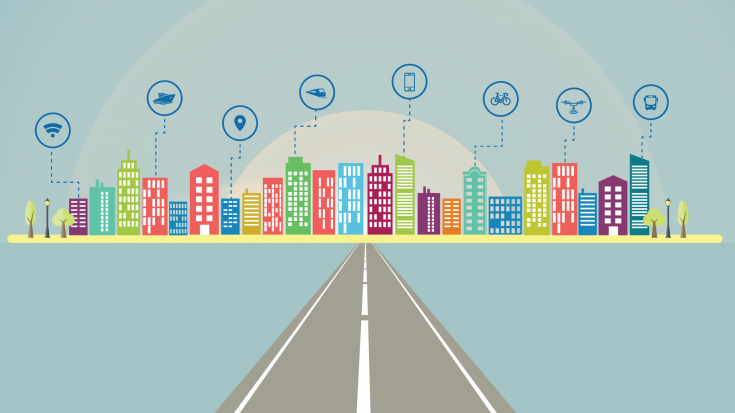Event
CISMOB Conference HOW INTELLIGENT IS YOUR TRANSPORT?
16 Sep 2016
00 : 00 - 00 : 00 CEST
In person
|
Kista,
Sweden

Conference Topics
Visualising and measuring the impact of ICT in government transformation
Citizens can play a major role in providing feedback and contribute in collaborative problem solving through community online platforms. How can this impact be measured by policy makers and be used to ignite solutions for local issues?
Smart mobility on a regional level
How does Stockholm implement ICT integration into a regional or municipal programme? What is the city’s strategic plan on smart mobility and transport? How can ICT be used to promote a low carbon economy under the concerns of inclusion, transparency and efficiency? How can transport and mobility remain accessible to all citizens and connect the city both socially and spatially?
Policy implementation for smart mobility on a smaller regional level. The adoption of a holistic regional approach when it comes to combining public transport means: bikes, electric buses, electric trains, etc. with the aim to decrease CO2.
Open data Innovation in the Public Sphere and mobility - How open data will influence the way we travel
How can public agencies release data and unlock the potential of smart mobility in unprecedented ways? Can start-ups develop user driven services based on available public data? How can citizens get involved in the creation and development of a smart mobility ecosystem?
Tackling the global environmental transport challenges
An overview of the state of the art in Intelligent Transport Systems and smart mobility. Here an expert from the academic field will present their projects within KTH, the leading academic institution in Sweden.
Creating synergies between the academic, public and private sector
How different bodies can join forces in building an inclusive future for smart mobility- a critical reflection on how policies on smart mobility (public sector), academia and the private sector can collaborate to foster innovation.
Visualising and measuring the impact of ICT in government transformation
Citizens can play a major role in providing feedback and contribute in collaborative problem solving through community online platforms. How can this impact be measured by policy makers and be used to ignite solutions for local issues?
Smart mobility on a regional level
How does Stockholm implement ICT integration into a regional or municipal programme? What is the city’s strategic plan on smart mobility and transport? How can ICT be used to promote a low carbon economy under the concerns of inclusion, transparency and efficiency? How can transport and mobility remain accessible to all citizens and connect the city both socially and spatially?
Policy implementation for smart mobility on a smaller regional level. The adoption of a holistic regional approach when it comes to combining public transport means: bikes, electric buses, electric trains, etc. with the aim to decrease CO2.
Open data Innovation in the Public Sphere and mobility - How open data will influence the way we travel
How can public agencies release data and unlock the potential of smart mobility in unprecedented ways? Can start-ups develop user driven services based on available public data? How can citizens get involved in the creation and development of a smart mobility ecosystem?
Tackling the global environmental transport challenges
An overview of the state of the art in Intelligent Transport Systems and smart mobility. Here an expert from the academic field will present their projects within KTH, the leading academic institution in Sweden.
Creating synergies between the academic, public and private sector
How different bodies can join forces in building an inclusive future for smart mobility- a critical reflection on how policies on smart mobility (public sector), academia and the private sector can collaborate to foster innovation.